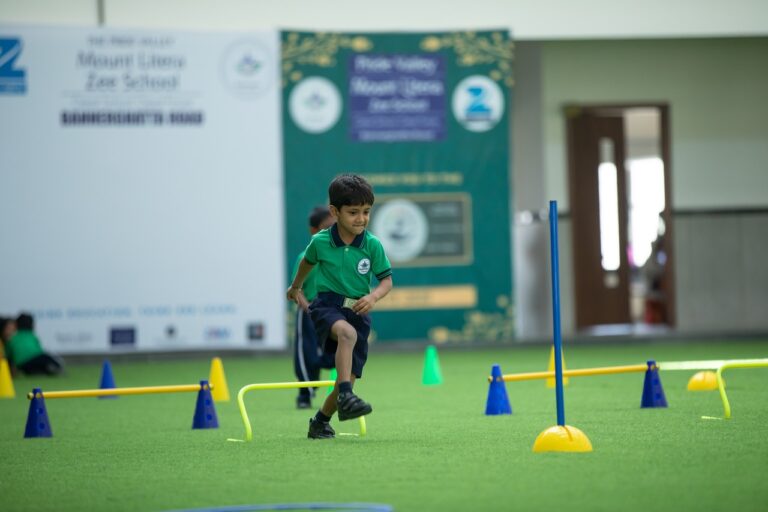The Rise of Adaptive Learning Systems in Education
Adaptive learning systems in education offer a personalized approach to learning for students, catering to their individual needs and pace of understanding. By adapting to each student’s strengths and weaknesses, these systems provide targeted support that aids in a deeper comprehension of the material. This individualized approach fosters a more engaging and efficient learning experience, ultimately leading to improved academic performance.
Moreover, adaptive learning systems allow educators to track students’ progress in real-time, enabling timely interventions and personalized feedback. With access to data analytics and insights into each student’s learning journey, teachers can identify areas of difficulty and tailor instructional strategies to address these challenges effectively. This proactive approach not only helps students stay on track but also empowers educators to make informed decisions that enhance the overall learning outcomes in the classroom.
Key Components of Adaptive Learning Systems
Adaptive learning systems rely on sophisticated algorithms to analyze student performance and tailor educational content accordingly. These systems comprise adaptive assessments that gauge a student’s current level of knowledge, allowing for the delivery of personalized learning paths. By continuously evaluating student responses and progress, adaptive learning systems adjust the difficulty and pace of material to meet individual learning needs.
Another essential component of adaptive learning systems is real-time feedback mechanisms. Immediate feedback enables students to identify areas for improvement and correct misconceptions promptly. This instant response loop fosters a more engaging learning experience and empowers students to take an active role in their educational journey.
How Adaptive Learning Systems Personalize Learning
Adaptive learning systems personalize learning by tracking each student’s progress and understanding of the material in real time. These systems collect data on students’ performance, interactions, and preferences to tailor their learning experience accordingly, creating a customized learning path for each individual.
Through the use of algorithms and artificial intelligence, adaptive learning systems can analyze students’ strengths and weaknesses, adjusting the difficulty level of tasks, providing additional practice on challenging topics, and offering personalized feedback. By continuously adapting to students’ needs and learning styles, these systems help optimize learning outcomes and enhance student engagement and motivation.





